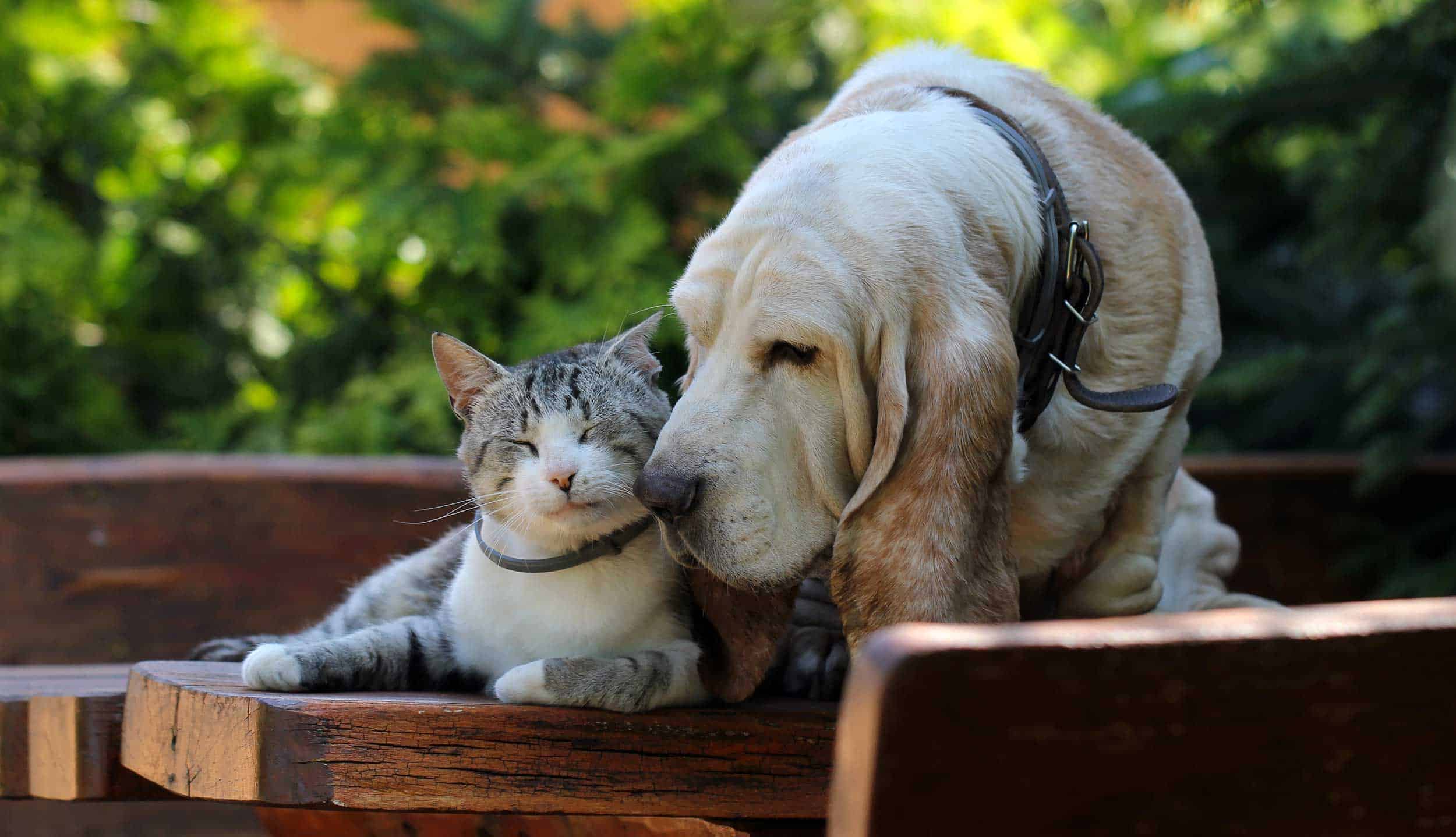Keeping Your Senior Pet Active and Enjoying Life

Just like with us, our pets have unique challenges as they age. At Rankin Animal Clinic we are here every step of the way to help keep your senior pet healthy.
Although the exact age a pet is considered “senior,” can vary by species and breed, we typically consider any animal over the age of 7 to be part of this group. Larger breeds can suffer more from body changes, while in smaller breeds we tend to see more dental and urinary issues around this stage of life. Mobility and appetite issues are two of the things that can indicate changes in your pet towards the more senior years.
One of the things that allows us to get a full picture of your pet’s health as they age is regular diagnostic testing and more frequent exams. Sometimes we don’t see outward signs of illness in pets until those conditions are quite advanced. But with regular check-ups and diagnostics, we can be ahead of the curve and treat issues before they become more serious. We also recommend baseline labs before your pet is considered a senior, so we know what is normal for them moving forward into those more advanced years.
Several conditions and ailments can be problematic as your pet ages, including:
- Arthritis
- Diabetes
- Heart disease
- Liver issues
- Kidney disease
As your pet’s owner, you are likely to notice changes first because you are around them every day! Here are some things to watch for in senior pets that might signal that it’s time to come in:
- Having a harder time getting around
- Not being able to jump, sit or stand in the same way
- Eating less
- Changes in urination
- Vomiting
- Poor hygiene, lack of self-grooming
- Becoming more sensitive to sounds
- Differences in sleep patterns or cycles
 Give us a call
Give us a call
Whatever breed your pet is, let’s chat about things to look out for as your pet gets older. To make an appointment for your senior pet, give us a call or get on the Rankin Animal App (Google Play Store) (Apple App Store)!

